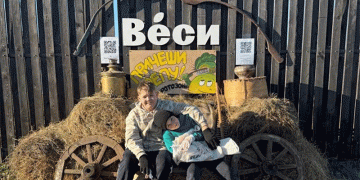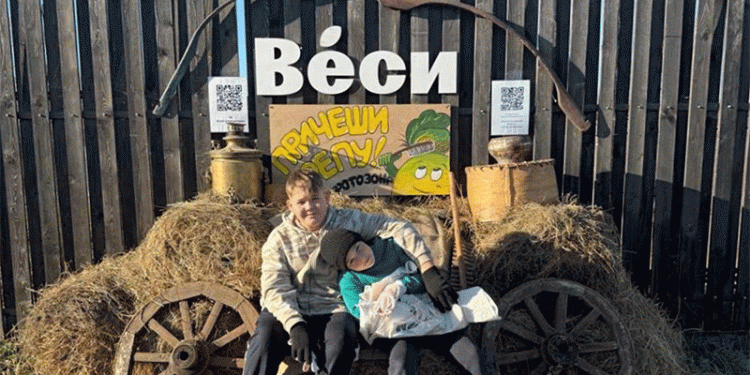While many farms struggle with labor shortages and marketing, the “Vesi” organic farm in the Gatchina district has engineered a compelling solution. Their fourth annual “Izhora Turnip Festival” is a masterclass in integrated agritourism, successfully turning the challenging, hands-on harvest of a root vegetable into a popular public event. The model is elegantly simple: volunteers provide the labor to harvest the turnip crop, and in return, they receive half of what they gather, a free festival experience, and a direct connection to their food. This year, the event was amplified with a retro train ride (“Lahta”), live folk music, a costume parade, and a farmers’ market, creating a memorable brand experience that transcends a simple harvest day.
The success of this model is measurable. A single family reported harvesting about 100 kg of turnips, illustrating the significant volume of work accomplished by the “familial teams” in attendance. This approach directly addresses one of the most persistent issues in specialty crop production: the high cost and low availability of manual labor. Furthermore, the festival creates immense marketing value, positioning the farm and its “Izhora Turnip” as a regional cultural brand. This aligns with global data; according to a 2024 report by the World Agritourism Network, farms that integrate tourism and experiential activities can see profit margins increase by 20-30% compared to those relying solely on commodity sales. The event, supported by the local committee for culture and tourism, also fostered community goodwill, with a portion of the harvest being donated to support military personnel.
The Izhora Turnip Festival provides a replicable template for farmers worldwide. It demonstrates that operational challenges like harvest labor can be transformed into marketing opportunities that build brand loyalty, engage the community, and create additional revenue streams. For agricultural professionals, the key takeaway is the power of reframing the farm not just as a production site, but as a destination. By creating a compelling experience, farmers can capture more value from their crops, mitigate labor risks, and secure a more resilient and profitable business model.































